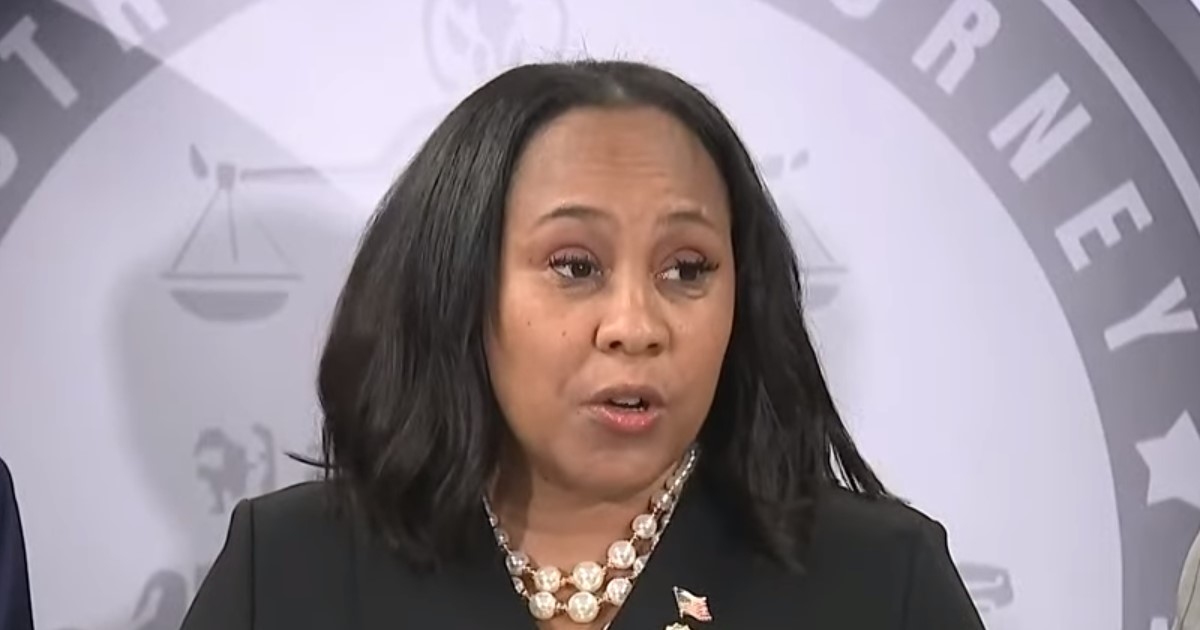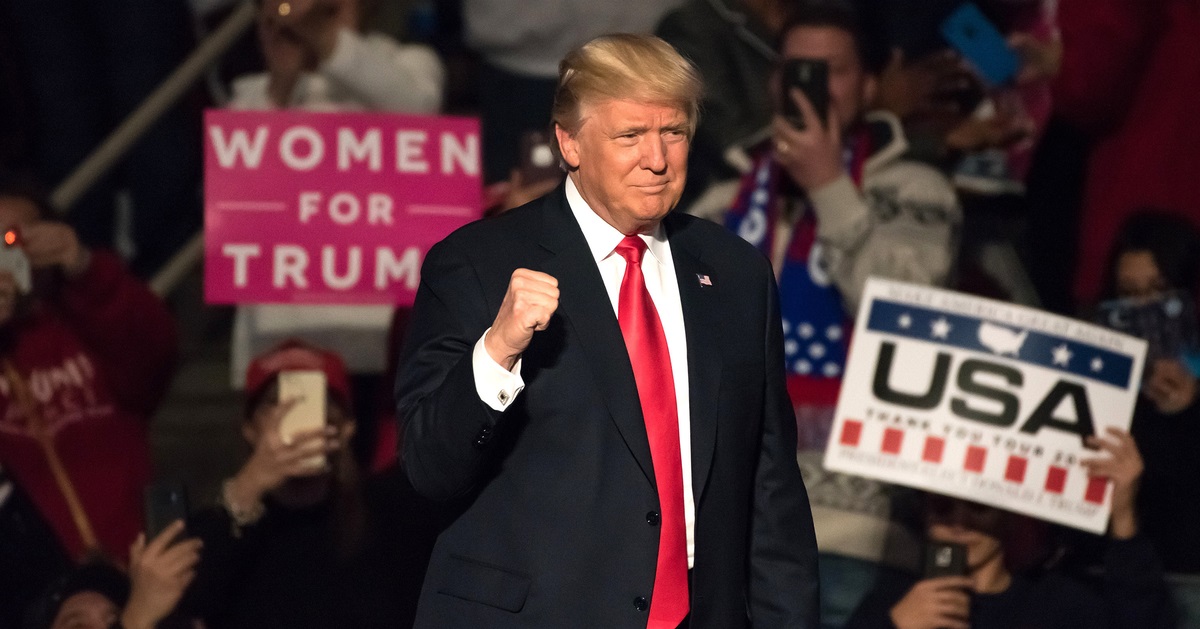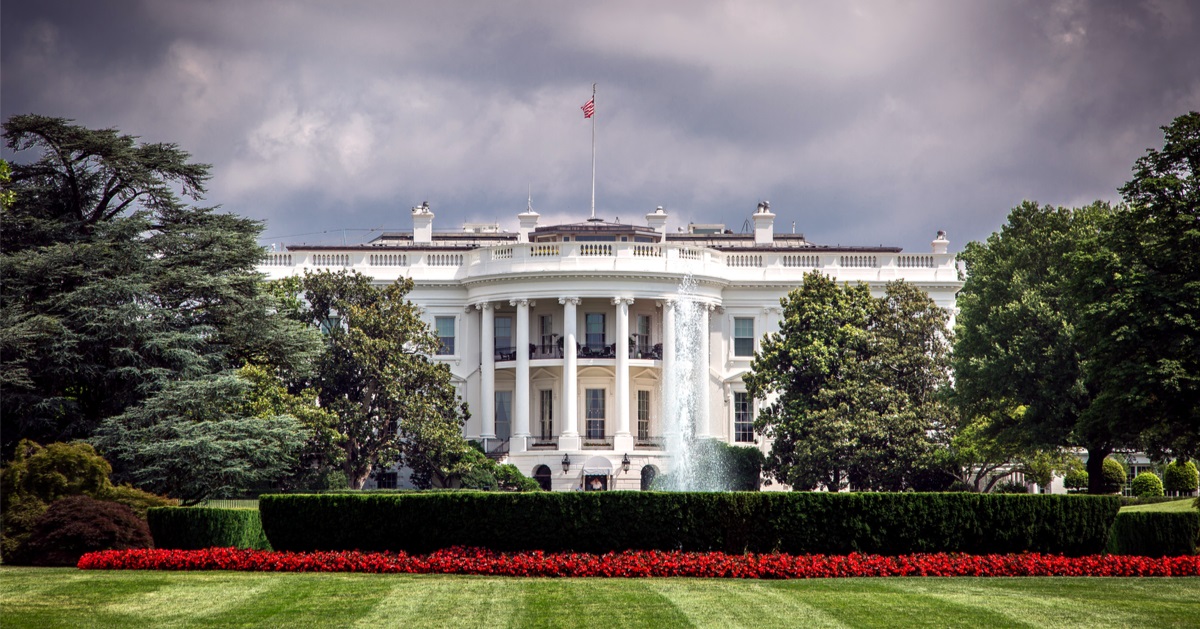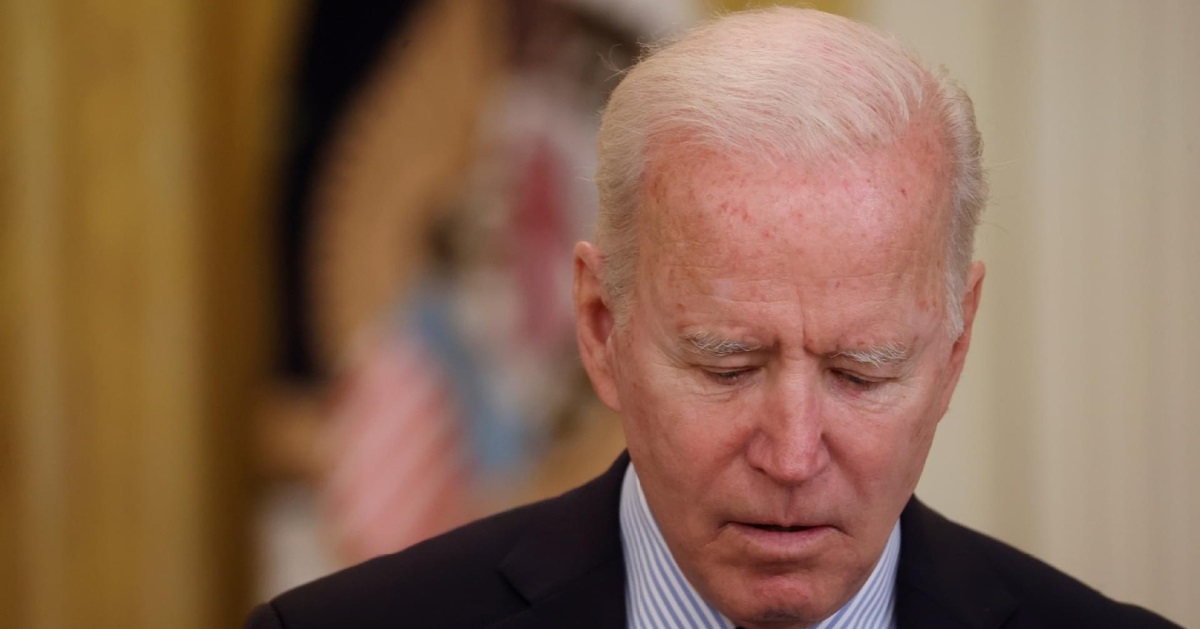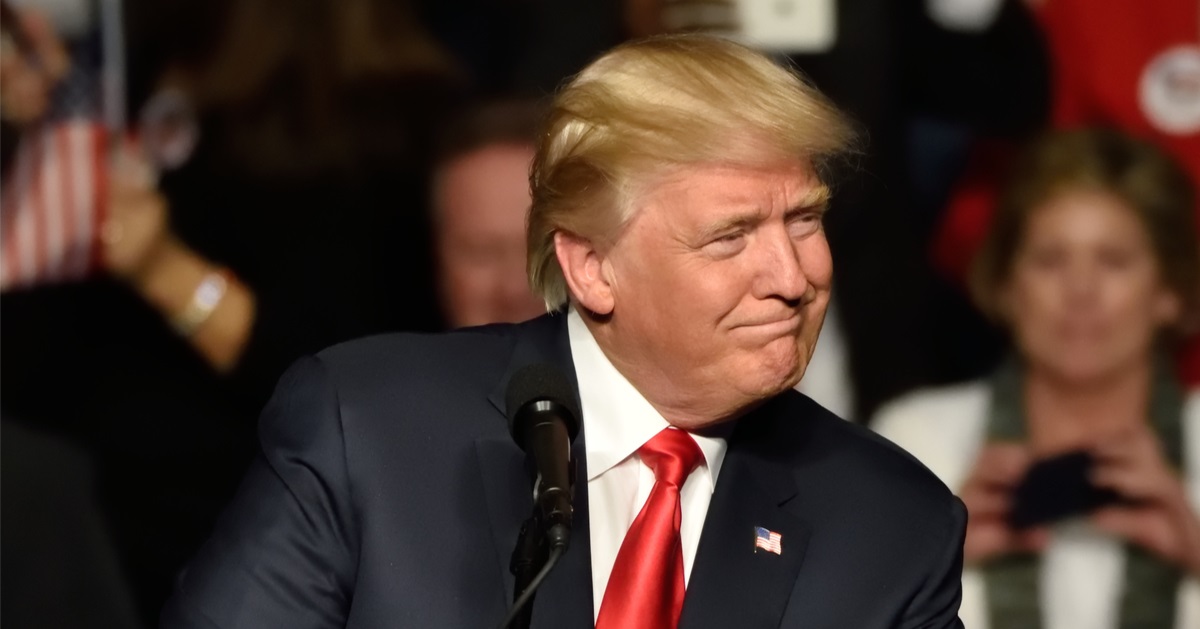Trump must pay hundreds of millions of dollars before appealing New York ruling
Former President Donald Trump faces a formidable financial obstacle as he endeavors to challenge a recent ruling by New York State Judge Arthur Engoron.
Engoron's decision mandates that Trump settle a $354 million fine for fraud, a sum that swells to over $450 million with accrued interest.
Insane! https://t.co/Jpvc4eUI2I
— Breitbart News (@BreitbartNews) February 20, 2024
The problem
Critics have drawn attention to the singular nature of Trump's predicament, noting his status as the lone individual ever targeted under an obscure New York fraud statute.
This statute, which does not require tangible harm, effectively criminalizes routine real estate valuation practices employed in negotiations with financial institutions.
Attorney General Letitia James, who campaigned on a platform of holding Trump accountable, has underscored the principle that no one is exempt from legal scrutiny.
Trump's case represents an unparalleled occurrence in the state's legal annals, both in terms of legal action taken and the scale of the imposed fine.
A Catch-22
Trump finds himself in a legal battle due to New York law, which mandates that he must deposit the entire fine, inclusive of interest, into a court account before pursuing an appeal.
"Under New York law, Trump cannot appeal this ruling without depositing the full amount, including interest, in a court account. Even for Trump, $455 million is hard to come by," Jonathan Turley wrote.
This financial prerequisite poses a formidable challenge, even for an individual of Trump's financial stature. Securing a bond to cover this amount necessitates finding a company willing to vouch for a defendant barred from conducting business in New York and facing the prospect of liquidating a substantial portion of his assets.
Critics contend that Judge Engoron's decision to levy such an exorbitant fine renders Trump's pursuit of an appeal exceedingly arduous, if not unattainable, without resorting to bankruptcy or selling assets at distressed prices.
The excessive magnitude of the fine has raised substantial legal and constitutional queries, prompting many to advocate for its substantial reduction or outright dismissal.
Now what?
Engoron's refusal to permit Trump to mount a defense and his summary judgment in favor of the state further exacerbate the controversy surrounding the case.
Critics argue that such actions undermine the fundamental principles of due process and fairness.
Trump's legal battle in New York is emblematic of a broader clash between legal interpretations and constitutional rights. As the case unfolds, it will continue to fuel debates surrounding the limits of judicial discretion and the protection of individual liberties in legal proceedings.


